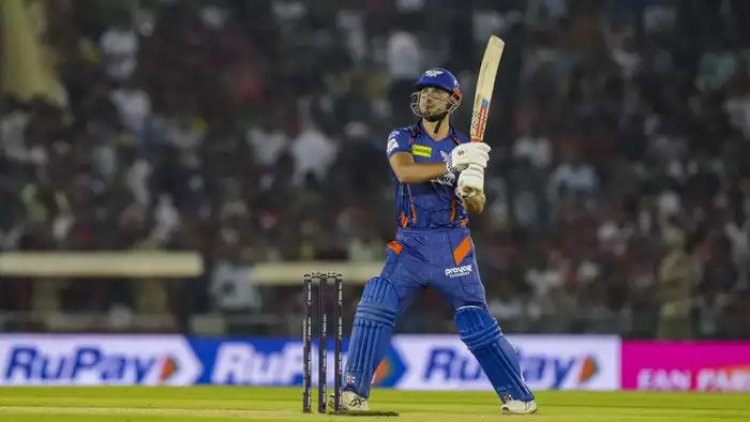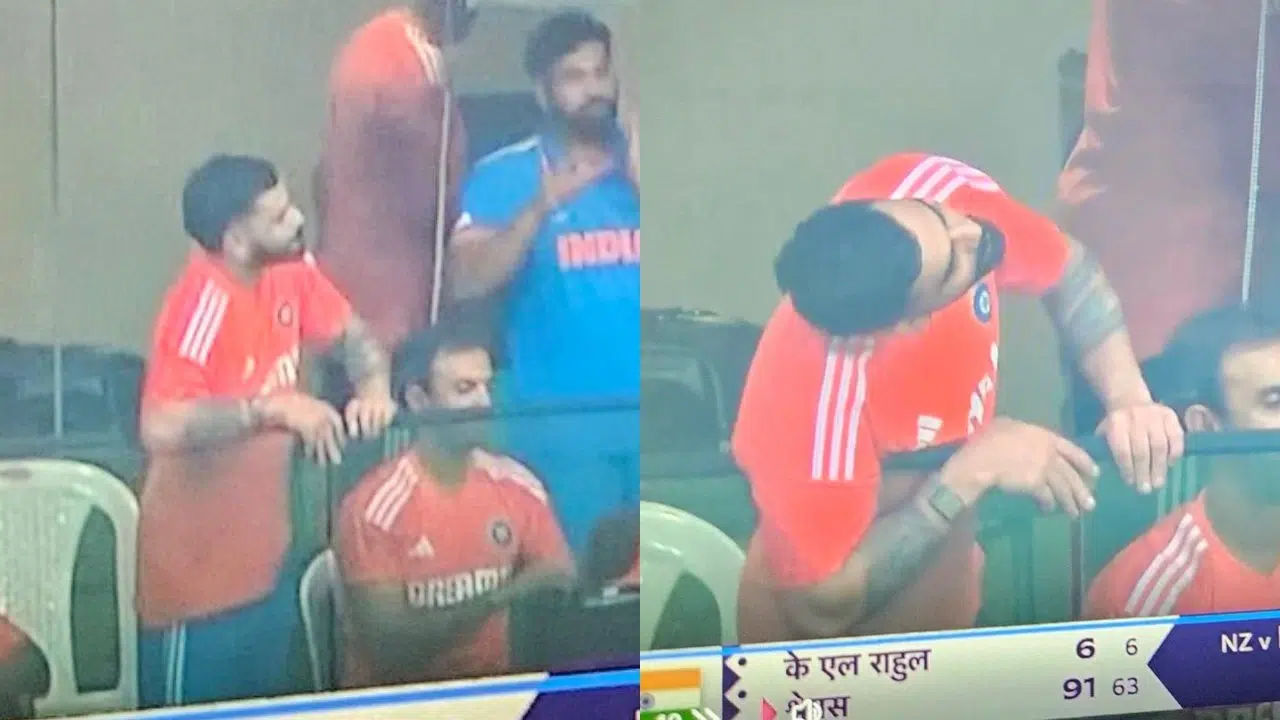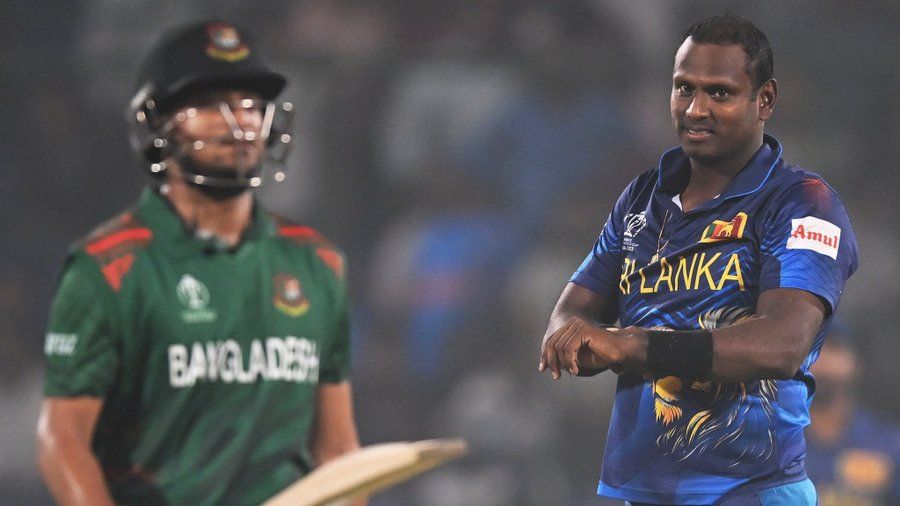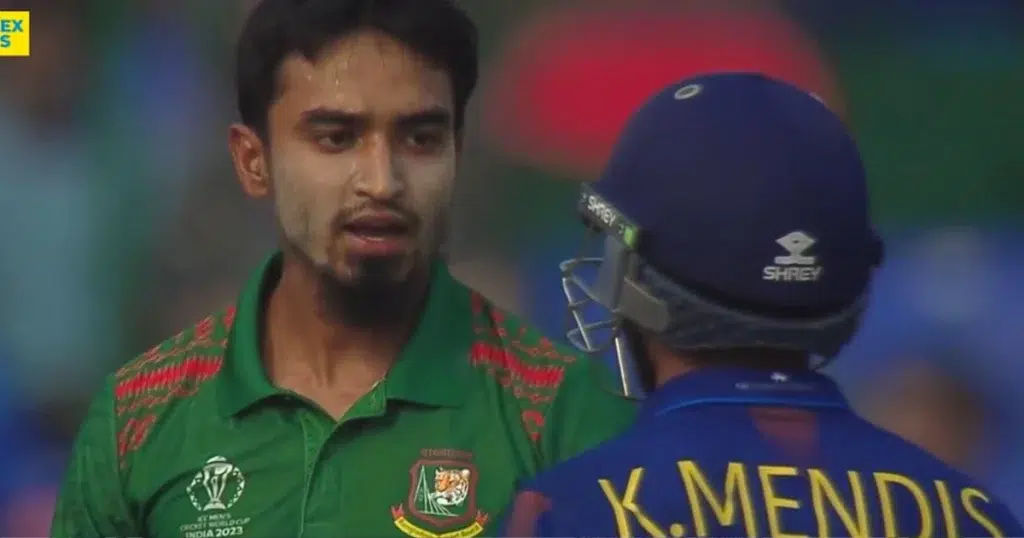IPL 023,LSG vs PBKS Highlights: LSG jump to second spot of points table after defeating Punjab
IPL 023,LSG vs PBKS Highlights: Punjab Kings were no match in response to Lucknow’s second-highest score in IPL history at Mohali

There are times when one look at the pitch is sufficient to determine that it's time to deliver your A-game T20. This is how the Lucknow Super Giants (LSG) reacted upon seeing the Mohali surface, which resembled a runway at the nearby Chandigarh airport. LSG had previously played primarily on slow-turning pitches at home.
On Friday, the Punjab Kings (PBKS) fell short of the Chennai Super Kings' (CSK) mammoth 257/5 total by 56 runs. The Chennai Super Kings' (CSK) batsmen followed the ideal T20 strategy by looking for boundaries from the first delivery, removing the anchor from the equation, and focusing on sixes.
In a match in which LSG consistently exceeded statistical norms, they fell just six runs short of surpassing the highest total in IPL history, 263 runs scored by Royal Challengers Bangalore against Pune Warriors in 2013. LSG's total number of boundaries was 41 (27x4, 14x6), which was one less than RCB's record.
KL Rahul was familiar with the conditions, having commanded PBKS for a couple of years. As a result of his low strike rates, he did not wish to squander time. However, after striking a beautiful lofted drive over long-off against Kagiso Rabada, his innings was cut short by a back-of-the-length delivery from the South African pacer.
LSG may have been persuaded to introduce Quinton de Kock to the tournament prior to the match. However, Kyle Mayers did not make this choice any simpler. The West Indian knew precisely what was expected of him and performed at full capacity. After collecting four boundaries against the in-form Arshdeep Singh, he began to risk his arm and slam the boundary rails. Individualizing Sikander Raza for special treatment, he scored 17 runs in the fifth over. Mayers' fifty came off only twenty ballss.
Only Rabada's bouncers were having a noticeable effect. In the sixth over, he dismissed Mayers for 54 off 24 deliveries with 7 fours and 4 sixes. But LSG surged to a 74-2 lead on the power play and never looked back.
LSG rearranged their batting order, promoting Ayush Badoni and Marcus Stonis to No. 3 and 4, respectively, ahead of the struggling Deepak Hooda and Krunal Pandya. Utilizing the opportunity with both hands, the duo scored 89 runs off 47 deliveries for the third wicket.
In the previous encounter, despite batting for the full 20 overs, LSG had scored 128 runs. Here, they accomplished the same number in half the time. The field had expanded, but the boundary horsemen continued to observe the ball vanishing over the ropes. After Badoni was dismissed for 43 (24,3x4,3x6), Stoinis scored 72 (40b,6x4,5x6) and Nicolas Pooran scored 45 (19b, 7x4, 1x6) in 30 deliveries for the fourth wicket.
LSG scored a maximum of 126 runs during the middle overs. If anything, they would have preferred to have scored more than 57 runs in the final five overs.
Six of the seven LSG hitters had a strike rate greater than 180. Six of the seven bowlers for PBKS conceded over 12 runs per over. In the midst of the devastation, leg-spinner Rahul Chahar stood out with statistics of 4-0-29-0.
In response, PBKS was unable to emulate LSG and did not switch their batting order. Young Atharva Taide's 66 (36 balls, 8 fours, 2 sixes) was remarkable, but they would have been better served if their more destructive batsmen had not been held back until the 12th over of the run chase, with the asking rate having increased from nearly 13 to 18 an over. LSG maintained variety by employing nine bowlers to assure a decisive victory.












